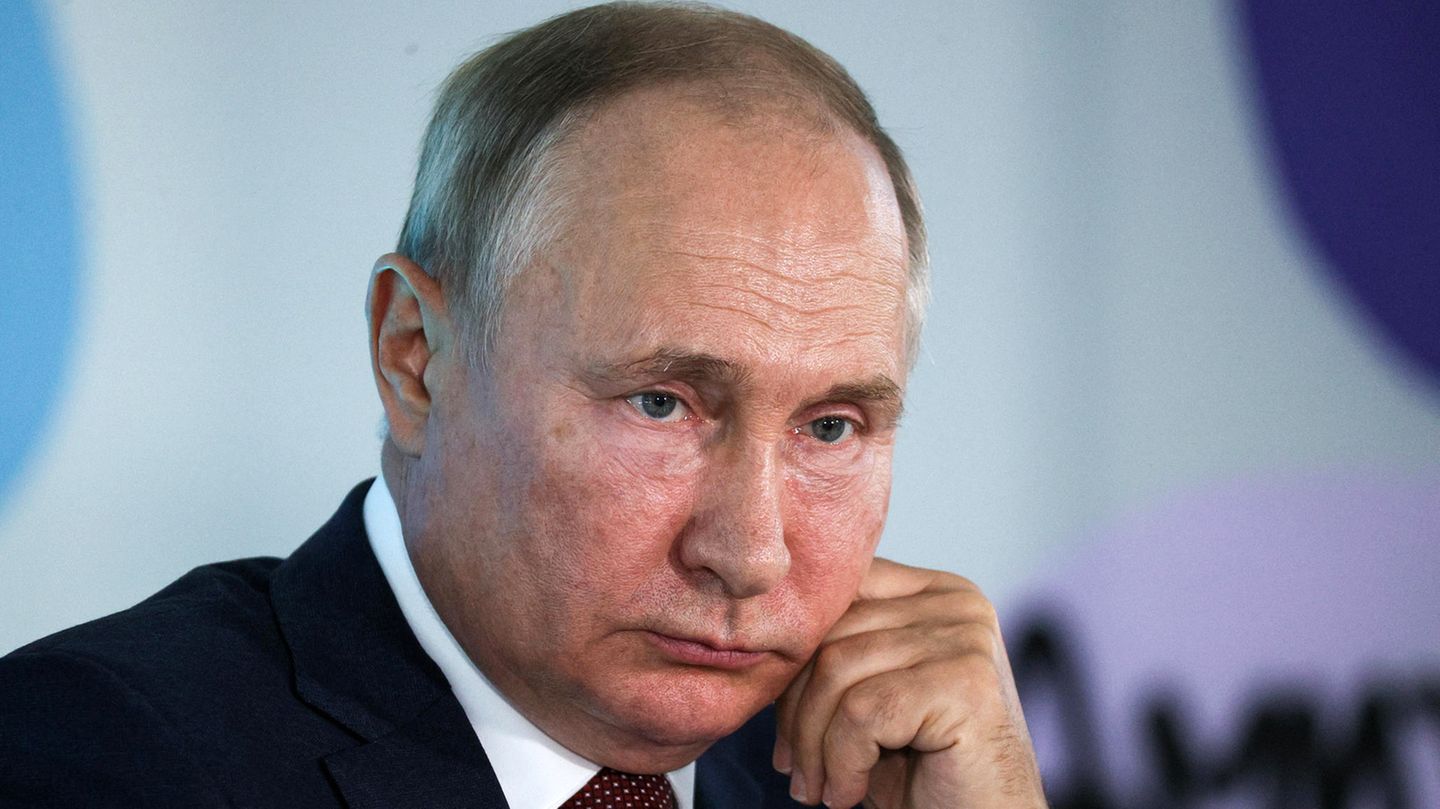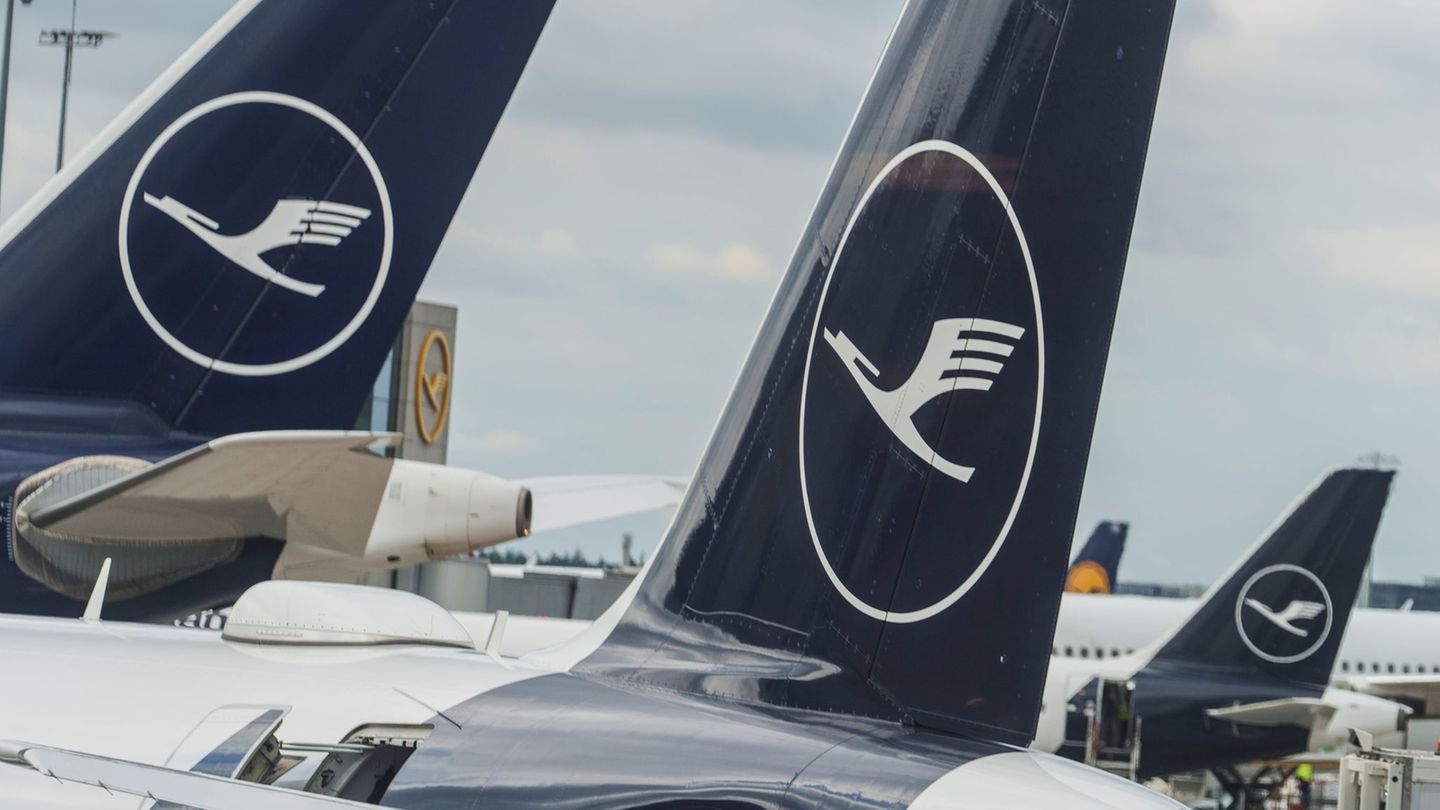Vladimir Putin likes to present himself as a great history expert. But a Russian student was not fooled and corrected the Kremlin boss in front of the cameras.
The new school year traditionally begins on September 1st throughout Russia. Nikanor Tolstykh was not only allowed to go back to school that day, but quickly became a topic of conversation across the country. The student from the was one of the participants in the so-called “open lesson” of Vladimir Putin, which the Kremlin master held in Vladivostok to celebrate the day – another propaganda appearance during which the Russian president wanted to put himself in the limelight as a great historian.
But during his remarks, Putin made a gross mistake. “Why did Peter I start the Seven Years’ War? Why did he fight with the Swedes for seven years?” He said, recalling that the decisive battle between the army of Peter the Great and the Swedish King Charles XII. took place near Poltava, which is now on the territory of Ukraine.
Except that the war that Putin referred to is not called that at all. Then Nikanor intervened. “Don’t think of it as …” “It’s not called the Seven Years War, it’s called the Northern War,” he corrected the President. “The conflict with one of the greatest naval powers of the time lasted for 21 years. We lost four times and won the fifth. That’s how it was,” explained the student.
“Yes, yes, yes. Thanks for the comment,” Putin replied with a smile and continued his lesson.
The appearance of Nikanor made waves in Russia. While he is being celebrated for his bluntness on the internet and in independent media, the headmistress of his school spoke up. “My age would no longer allow me to deal with the president like that,” she said in a “The youth has a kind of arrogance. Our boy is of course great – that’s for sure. He takes an active civic position. But he should be so humble and not correct Vladimir Vladimirovich. ”
Northern War and Seven Years War
The Great Northern War was a war waged in Northern, Central and Eastern Europe from 1700 to 1721 for supremacy in the Baltic Sea region. As a result of the war in which Sweden was defeated, Russia gained access to the Baltic Sea. The terms of the peace treaties of Stockholm, Frederiksborg and Nystad meant the end of Sweden as a major European power and the simultaneous rise of the Russian Empire founded by Peter I in 1721.
All European powers of that time were involved in the Seven Years’ War from 1756 to 1763: On the one hand Prussia and Great Britain / Electorate of Hanover, on the other hand the Austrian Habsburg Monarchy, France, the Holy Roman Empire and Russia. From a global perspective, it was about the geopolitical and power-political balance in Europe and sovereign territories overseas.
David William is a talented author who has made a name for himself in the world of writing. He is a professional author who writes on a wide range of topics, from general interest to opinion news. David is currently working as a writer at 24 hours worlds where he brings his unique perspective and in-depth research to his articles, making them both informative and engaging.




